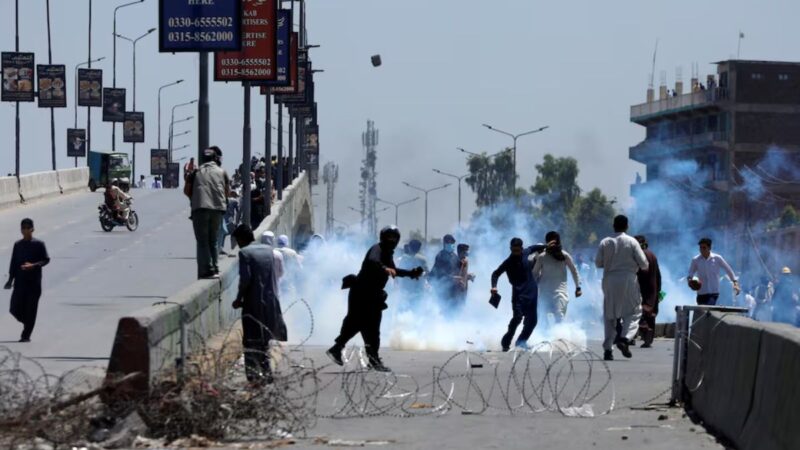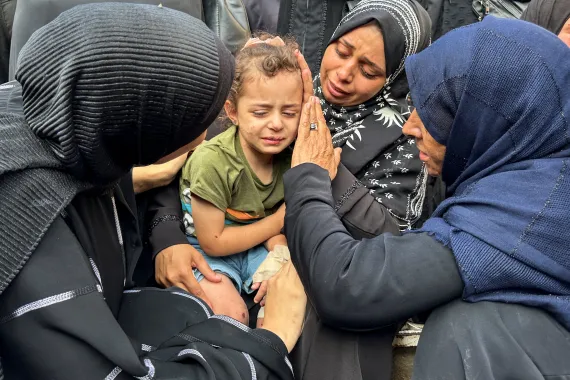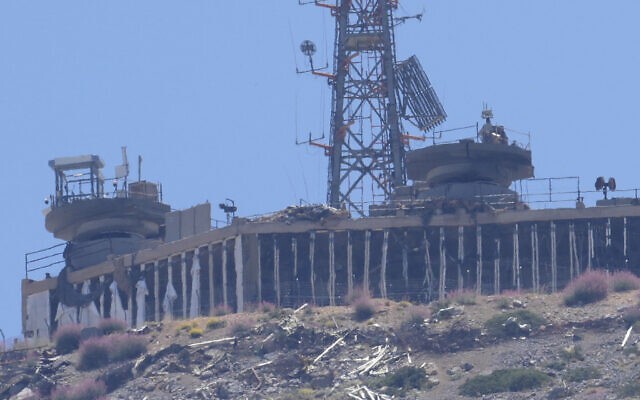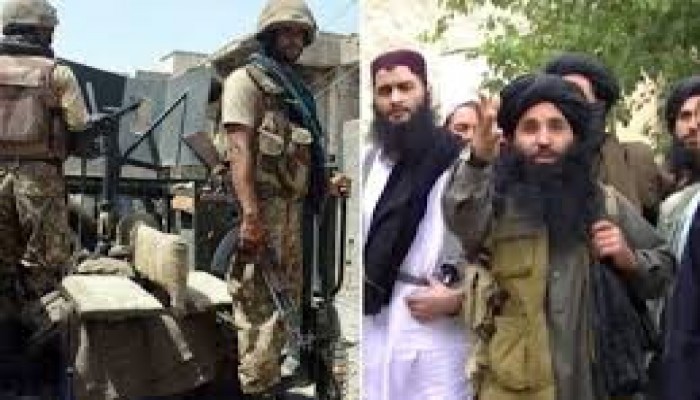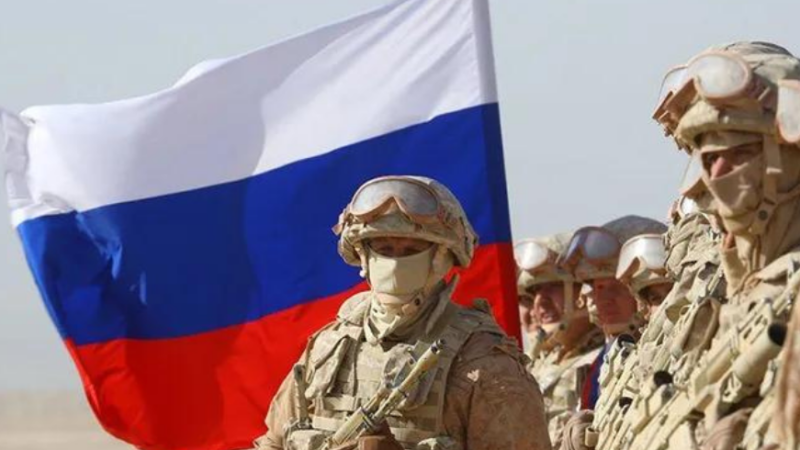Shamima Begum: Leaving Isis Britons in Syrian camps could be more dangerous than allowing them into UK, government warned
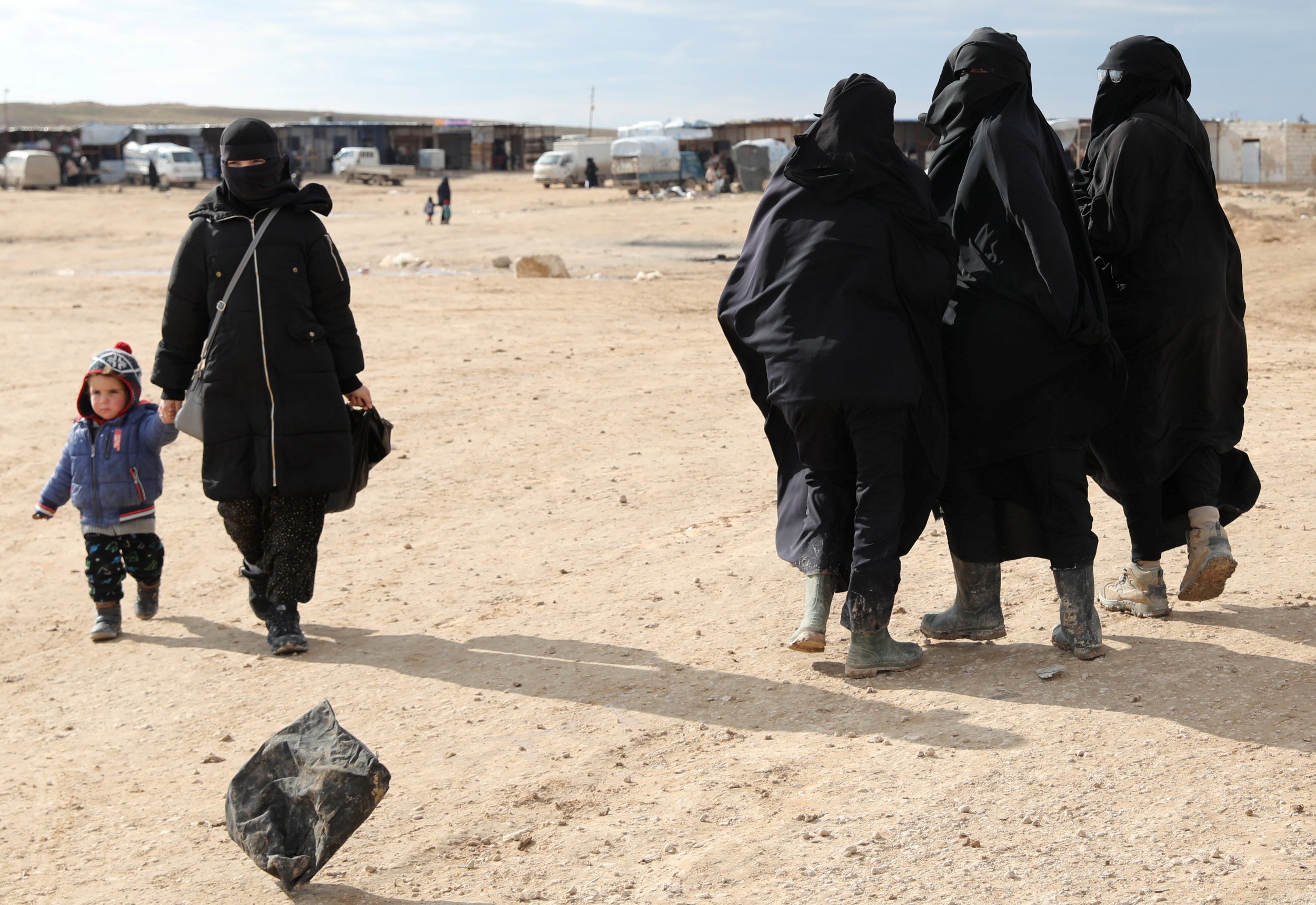
The Independent employs reporters around the world to bring you truly independent journalism. To support us, please consider a contribution.
Leaving Shamima Begum and other former Isis members in Syria could be more dangerous than allowing them to return to Britain, the government has been warned.
Officials are fighting a court ruling that Begum, who left the UK when she was 15, should be allowed back into the country for a legal battle over the removal of her British citizenship.
The same power of citizenship removal has been used against dozens of British jihadis who joined Isis, including several who are currently in the custody of the Syrian Democratic Forces (SDF).
Download the new Independent Premium app Sharing the full story, not just the headlines
Maya Foa, director of the legal charity Reprieve, said the current situation was “untenable”.
“Britain is putting its head in the sand about the safety and security concerns of a large number of British children, as well as the prospect of justice for the adults,” she told The Independent.
“It was the former director of MI6 who said leaving them there is more dangerous to British national security than bringing them there, and it’s obvious to see why.
“You have unstable camps, held by a non-state actor in a pretty fractious region where we know there have been escapes. They could very well be back on battlefields. That’s not a good option from a security perspective.”
Kurdish officials have repeatedly called for nations to repatriate foreign fighters and warned that they could not guarantee the security of prisons and detention camps after the Turkish-led invasion of northern Syria in October.
Some MPs have raised similar concerns, including a former Conservative defence minister.
Tobias Ellwood accused the government of “walking away” after joining the US-led coalition to bomb Isis territories.
“Tens of thousands of hardline fighters and families are held by a militia we trained – now under siege from Turkey,” he wrote on Twitter. “Daesh is escaping, regrouping and will attack the West again.”
Shape Created with Sketch. Timeline of the Isis caliphate Show all 19 left Created with Sketch. right Created with Sketch. Shape Created with Sketch. Timeline of the Isis caliphate 1/19 ISIS began as a group by the merging of extremist organisations ISI and al-Nusra in 2013. Following clashes, Syrian rebels captured the ISIS headquarters in Aleppo in January 2014 (pictured) AFP/Getty 2/19 Abu Bakr Al-Baghdadi declared the creation of a caliphate in Mosul on 27 June 2014 3/19 Isis conquered the Kurdish towns of Sinjar and Zumar in August 2014, forcing thousands of civilians to flee their homes. Pictured are a group of Yazidi Kurds who have fled Rex 4/19 On September 2 2014 Isis released a video depicting the beheading of US journalist Steven Sotloff. On September 13 they released another video showing the execution of British aid worker David Haines 5/19 The US launched its first airstrikes against Isis in Syria on 23 September 2014. Here Lt Gen William C Mayville Jnr speaks about the bombing campaign in the wake of the first strikes Getty 6/19 Isis militants sit atop a hill planted with their flag in the Syrian town of Kobani on 6 October 2014. They had been advancing on Kobani since mid-September and by now was in control of the city’s entrance and exit points AFP/Getty 7/19 Residents of the border village of Alizar keep guard day and night as they wait in fear of mortar fire from Isis who have occupied the nearby city of Kobani Getty 8/19 Smoke rises following a US airstrike on Kobani, 28 October 2014 AFP/Getty 9/19 YPG fighters raise a flag as they reclaim Kobani on 26 January 2015 VOA 10/19 Isis seized the ancient Syrian city of Palmyra on 20 May 2015. This image show the city from above days after its capture by Isis Getty 11/19 Kurdish forces are stationed on a hill above the town of Sinjar as smoke rises following US airstrikes on 12 November 2015 AFP/Getty 12/19 Kurdish forces enter Sinjar after seizing it from Isis control on 13 November 2015 AFP/Getty 13/19 Iraqi government forces make the victory sign as they retake the city of Fallujah from ISIS on 26 June 2016 Getty 14/19 Iraqi forces battle with Isis for the city of Mosul on 30 June 2017 AFP/Getty 15/19 Members of the Iraqi federal police raise flags in Mosul on 8 July 2017. On the following day, Iraqi prime minister Haider Al Abadi declares victory over Isis in Mosul Getty 16/19 Members of Syrian Democratic Forces celebrate in Al-Naim square after taking back the city of Raqqa from Isis. US-backed Syrian forces declare victory over Isis in Raqqa on 20 October 2017 after a four-month long campaign Getty 17/19 Female fighters of the Syrian Democratic Forces celebrate in Al-Naim Square after taking back the city of Raqqa from Isis. US-backed Syrian forces declare victory over Isis in Raqqa on 20 October 2017 after a four-month long campaign AFP/Getty 18/19 Trucks full of women and children arrive from the last Isis-held areas in Deir ez-Zor, Syria in January 2019 They were among the last civilians to be living in the ISIS caliphate, by this time reduced to just two small villages in Syria’s Deir ez-Zor Richard Hall/The Independent 19/19 Zikia Ibrahim, 28, with her two-year-old son and 8-month-old daughter, after fleeing the Isis caliphate, on Saturday 26 January 2019 Richard Hall/The Independent 1/19 ISIS began as a group by the merging of extremist organisations ISI and al-Nusra in 2013. Following clashes, Syrian rebels captured the ISIS headquarters in Aleppo in January 2014 (pictured) AFP/Getty 2/19 Abu Bakr Al-Baghdadi declared the creation of a caliphate in Mosul on 27 June 2014 3/19 Isis conquered the Kurdish towns of Sinjar and Zumar in August 2014, forcing thousands of civilians to flee their homes. Pictured are a group of Yazidi Kurds who have fled Rex 4/19 On September 2 2014 Isis released a video depicting the beheading of US journalist Steven Sotloff. On September 13 they released another video showing the execution of British aid worker David Haines 5/19 The US launched its first airstrikes against Isis in Syria on 23 September 2014. Here Lt Gen William C Mayville Jnr speaks about the bombing campaign in the wake of the first strikes Getty 6/19 Isis militants sit atop a hill planted with their flag in the Syrian town of Kobani on 6 October 2014. They had been advancing on Kobani since mid-September and by now was in control of the city’s entrance and exit points AFP/Getty 7/19 Residents of the border village of Alizar keep guard day and night as they wait in fear of mortar fire from Isis who have occupied the nearby city of Kobani Getty 8/19 Smoke rises following a US airstrike on Kobani, 28 October 2014 AFP/Getty 9/19 YPG fighters raise a flag as they reclaim Kobani on 26 January 2015 VOA 10/19 Isis seized the ancient Syrian city of Palmyra on 20 May 2015. This image show the city from above days after its capture by Isis Getty 11/19 Kurdish forces are stationed on a hill above the town of Sinjar as smoke rises following US airstrikes on 12 November 2015 AFP/Getty 12/19 Kurdish forces enter Sinjar after seizing it from Isis control on 13 November 2015 AFP/Getty 13/19 Iraqi government forces make the victory sign as they retake the city of Fallujah from ISIS on 26 June 2016 Getty 14/19 Iraqi forces battle with Isis for the city of Mosul on 30 June 2017 AFP/Getty 15/19 Members of the Iraqi federal police raise flags in Mosul on 8 July 2017. On the following day, Iraqi prime minister Haider Al Abadi declares victory over Isis in Mosul Getty 16/19 Members of Syrian Democratic Forces celebrate in Al-Naim square after taking back the city of Raqqa from Isis. US-backed Syrian forces declare victory over Isis in Raqqa on 20 October 2017 after a four-month long campaign Getty 17/19 Female fighters of the Syrian Democratic Forces celebrate in Al-Naim Square after taking back the city of Raqqa from Isis. US-backed Syrian forces declare victory over Isis in Raqqa on 20 October 2017 after a four-month long campaign AFP/Getty 18/19 Trucks full of women and children arrive from the last Isis-held areas in Deir ez-Zor, Syria in January 2019 They were among the last civilians to be living in the ISIS caliphate, by this time reduced to just two small villages in Syria’s Deir ez-Zor Richard Hall/The Independent 19/19 Zikia Ibrahim, 28, with her two-year-old son and 8-month-old daughter, after fleeing the Isis caliphate, on Saturday 26 January 2019 Richard Hall/The Independent
Mr Ellwood previously told The Independent the detention of thousands of jihadis and their families in Syria was creating conditions for an Isis resurgence.
Daily coronavirus briefing No hype, just the advice and analysis you need Enter your email address Continue Continue Please enter an email address Email address is invalid Fill out this field Email address is invalid Email already exists. Log in to update your newsletter preferences Register with your social account or click here to log in I would like to receive morning headlines Monday – Friday plus breaking news alerts by email Update newsletter preferences
“We’ll see Daesh 2.0,” he warned. “We’ll see a repeat of al-Qaeda regrouping and becoming a very real threat, and that threat won’t just pose itself in the Middle East, but also to Britain.”
In 2016, a report commissioned by the UK government concluded that removing extremists’ citizenship may be an “ineffective and counter-productive weapon against terrorism”.
The Independent Reviewer of Terrorism Legislation, then Lord Anderson, was asked to review changes to the law that allowed the home secretary to strip naturalised British citizens of their nationality, even where they would be made stateless.
His report said: “A citizenship deprivation power has been characterised as an ineffective and counter-productive weapon against terrorism.”
It quoted research by academics in Canada saying it amounted to “a policy of catch and release, setting up today’s convicts as tomorrow’s foreign fighters” and exporting them to places where they can do more damage because they cannot be monitored.
The academics warned in 2016 that citizenship deprivations encouraged “the dangerous delusion that terrorism is (or can be made into) a foreign threat and problem”.
Sadiq Khan, the mayor of London, said Begum and others should “face the music in Britain”.
“I think if a British citizen commits an offence here or overseas they should face justice in the criminal courts,” he added. “And if [Begum] has committed a criminal offence I’m sure the jury will find her guilty, and justice will be served.”
The Court of Appeal’s judgment has been stayed pending an appeal by the home secretary, meaning that Begum cannot currently gain leave to enter the UK.
Lord Justice Flaux said she could only have a “fair and effective appeal” against citizenship deprivation in Britain, because of an inability to communicate with lawyers from the SDF camp where she is being held.
But the judge added that the ruling did not prevent Begum being arrested upon arrival in the UK and charged with terror offences, or made subject to a Terrorism Prevention and Investigation Measures order.
Sajid Javid, who as home secretary stripped Begum and other Isis members from the UK of their British citizenship, said “difficult decisions” had to be made.
“Limitations in UK law mean there would only be a small chance of significant prosecution for crimes committed in a foreign warzone,” he added.
Richard Walton, the former head of Scotland Yard’s counter-terror command, said Begum’s return would “present a very real challenge” for police.
“She would likely be arrested and charged with terrorism offences but the evidence against her could be weak, owing to the difficulties of obtaining and seizing evidence in warzones,” he added.
“If released, she would present an ongoing threat and would need to be subject to rigorous monitoring costing the state hundreds of thousands of pounds over months and years.”
But Ms Foa accused the government of “abdicating responsibility” for Begum and other Isis members, who were born, raised and radicalised in the UK.
She said: “It’s better to have a justice system that works effectively and to understand and prevent this from happening.”

